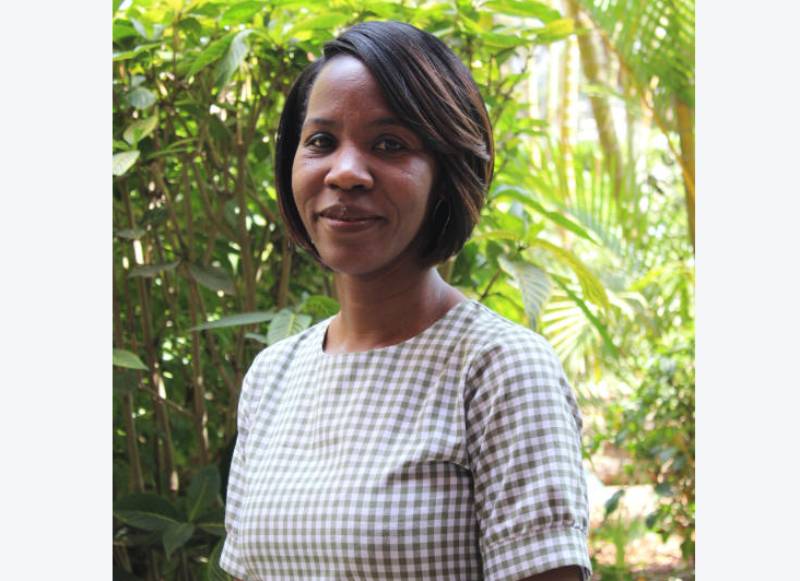
Dr Miriam Mutebi, Consultant Breast Cancer Surgeon.
What started as a lump in her left breast early last year would mark the beginning of Sylvia Sandagi’s fight for survival against cancer.

Dr Miriam Mutebi, Consultant Breast Cancer Surgeon.
What started as a lump in her left breast early last year would mark the beginning of Sylvia Sandagi’s fight for survival against cancer.